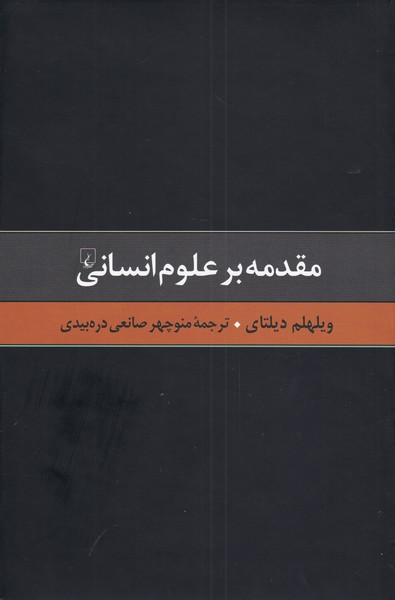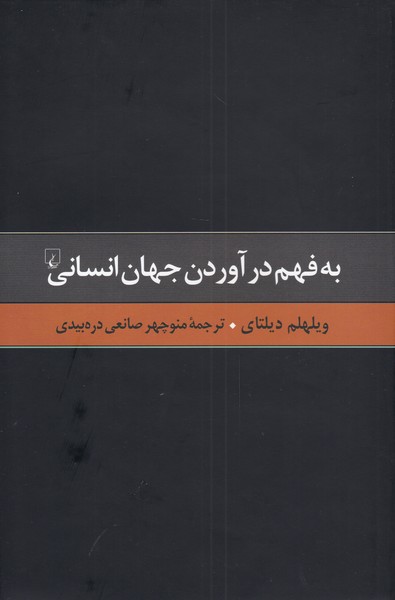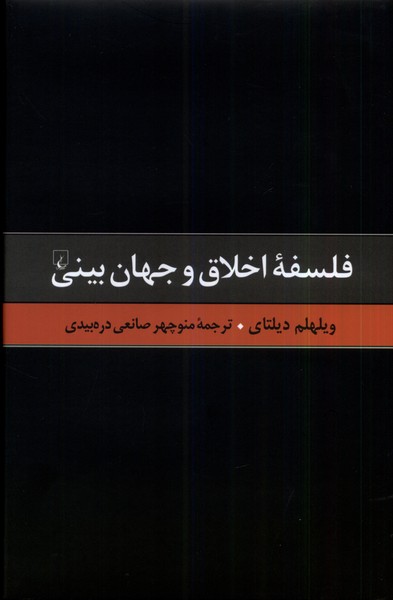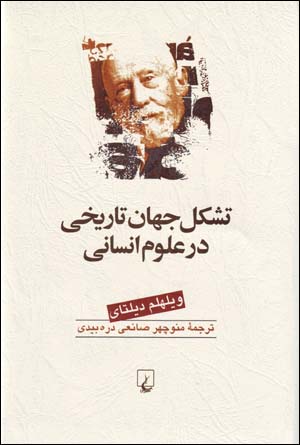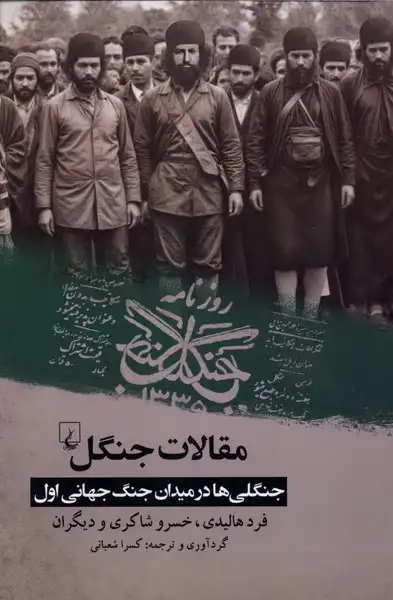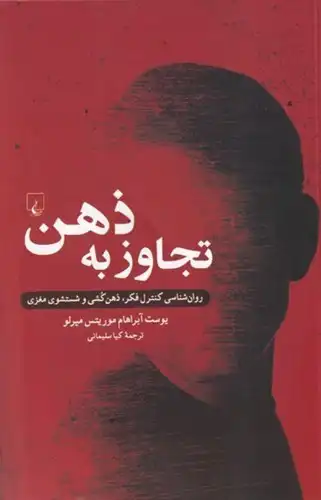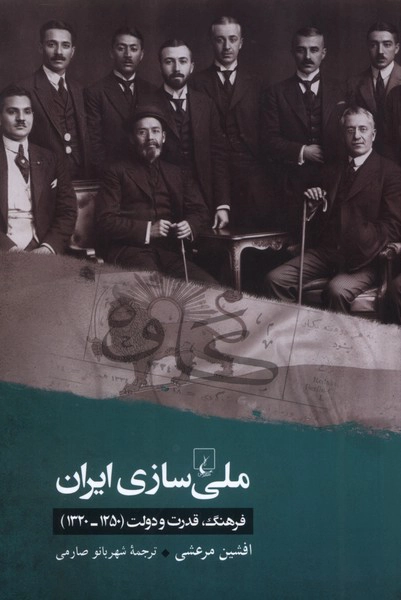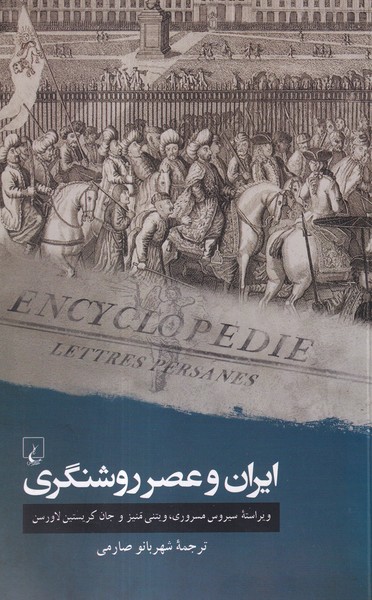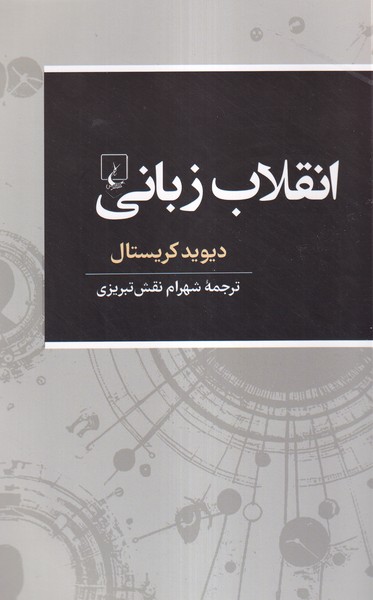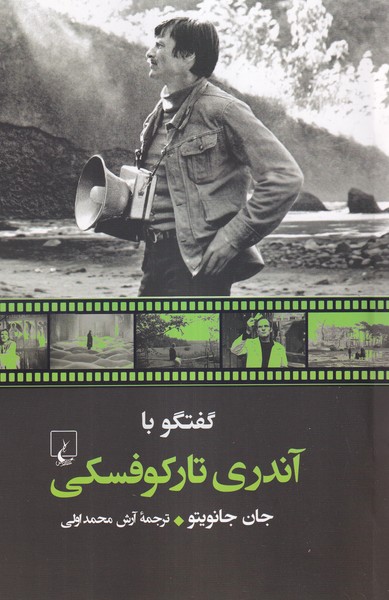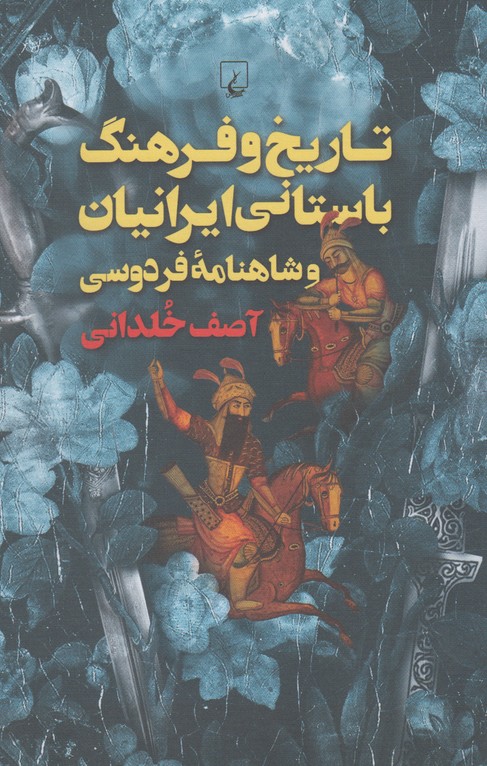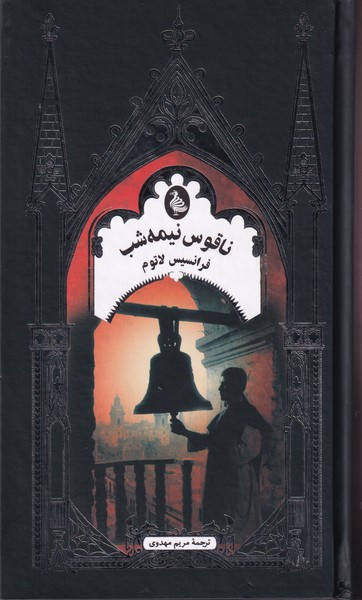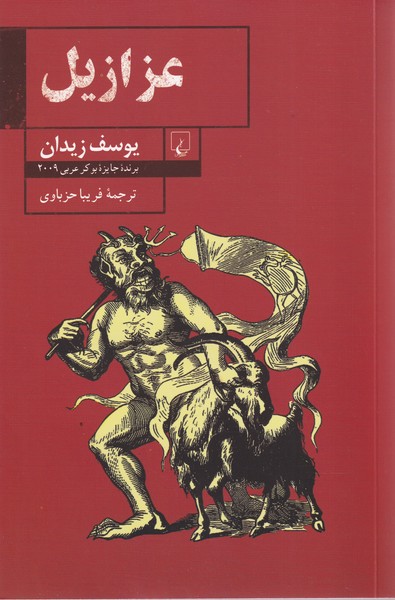Muqadamah bar 'ulūm-i insānī (guzīdah asar-i Dīltāy 1): Persian 2022
مقدمه بر علوم انسانی (گزیده آثار دیلتای 1)
33.23 $
Share
Wishlist
ISBN:
9789643117597
Translator:
Manuchehr Sane'i Dareh-bidi
Publisher:
Quqnus
Age Group:
Adult
Pages:
752
Weight:
940 g
Dimensions:
14 x 21 x 8 cm
Book Cover:
Hard Cover
For some two centuries, scholars have wrestled with questions regarding the nature and logic of history as a discipline and, more broadly, with the entire complex of the "human sciences, " with include theology, philosophy, history, literature, the fine arts, and languages. The fundamental issue is whether the human sciences are a special class of studies with a specifically distinct object and method or whether they must be subsumed under the natural sciences.
German philosopher Wilhelm Dilthey dedicated the bulk of his long career to there and related questions. His Introduction to the Human Sciences is a pioneering effort to elaborate a general theory of the human sciences, especially history, and to distinguish these sciences radically from the field of natural sciences. Though the Introduction was never completed, it remains one of the major statements of the topic. Together with other works by Dilthey, it has had a substantial influence on the recognition and human sciences as a fundamental division of human knowledge and on their separation from the natural sciences in origin, nature, and method.
As a contribution to the issue of the methodologies of the humanities and social sciences, the Introduction rightly claims a place. This is the first time the entire work is available in English.
In his introductory essay, translator Ramon J. Betanzos surveys Dilthey's life and thought and hails his efforts to create a foundational science for the particular human sciences, and at the same time, takes serious issue with Dilthey's historical/critical evaluation of metaphysics.
more
ویلهلم دیلتای (1911- 1833) عضو یکی از نحلههای فلسفی آلمان پس از کانت محسوب میشود که به آنها «نوکانتی» میگویند. آنها مابعدالطبیعه به سبک کانت را نفی میکنند. رگههای اصلی تفکر این اندیشمند را می توان فلسفه زندگی، تاریخگرایی یا نگرش تاریخی، هرمنوتیک و علوم انسانی به عنوان شاخهای متمایز از علوم طبیعی برشمرد. در میان این عنوانها، علوم انسانی موضوع اصلی فلسفه دیلتای است. سعی او بر این است که موضوع، منطق، روش و غایت این علوم را از خاصیت زیستی انسان استنتاج کند و علوم انسانی را به عنوان مجموعهای متمایز از علوم طبیعی (هم در موضوع هم در روش و هم در غایت) معرفی کند. آنچه امروز «علوم انسانی» نامیده میشود در مقطع تاریخی بین ارسطو تا ویلهلم دیلتای شکل گرفته است. برای تعریف علوم انسانی (متمایز از علوم طبیعی) و تدوین منطق آن و تعیین هدف یا غایت آن ارسطو قدمهای اولیه را برداشت. در قرن هجدهم ویکو، هیوم، ولتر و مونتسکیو این مفاهیم را پیش بردند. در قرن نوزدهم اگوست کنت، جان استوارت میل و سرانجام دیلتای تکمیل صورت تاریخی این علوم را به انجام رساندند.
more

